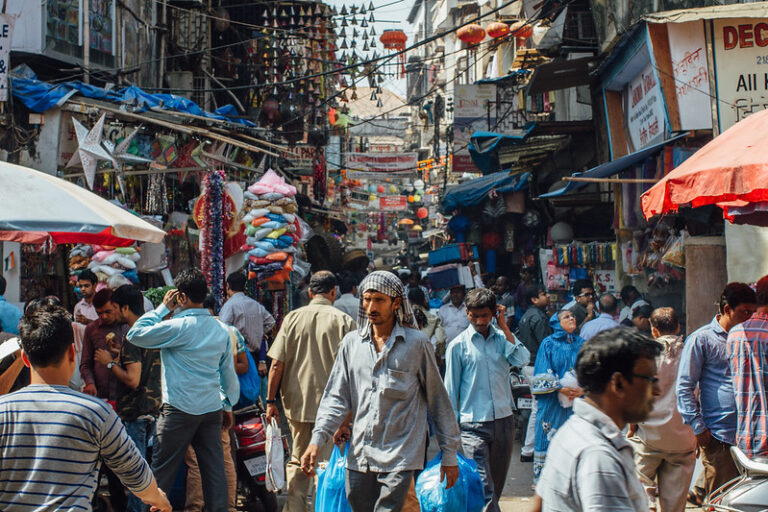Mumbai has an identity that is built around its multicultural, multi-ethnic population, with an enterprising community that prides itself on its resilient spirit. The pluralism that marks the city’s social spaces remained powerful for decades resulting in an immigrant population from all over the country finding its home in this city. When Bombay was renamed Mumbai, it was also a reflection of the altered social sensibilities and the manifestation of an exclusionary politics which began to get reflected in the public spaces of Mumbai. Post globalization and economic liberalization, a hegemonic shift in power centers brought about further negotiations with identities and social spaces, with the new cityscape evolving steadily. The pervasive presence of the politics of othering that marks the contemporary Indian political sphere has its presence felt in Mumbai’s public spaces. The rapid gentrification and erasure of the poor from the public spaces, the expanding privately-owned public spaces and the social interactions that mark the new global city of Mumbai unfold the hegemonic power relations of the new India. This article attempts to imagine the new social narratives and cartographies within the theoretical framework of microfascism as elaborated by Deleuze and Guattari. Mumbai’s public spaces are closely observed and analyzed to comprehend the new dynamics of power at work and its political and social ramifications in relation to the rest of the nation. This paper also seeks to look at the patterns of dissent evolving out of the microfascist spaces of Mumbai.
Articles by Swapna Gopinath
Swapna Gopinath is a Fulbright fellow at the department of Art and Art History at the University of Rochester. She is an Associate Professor of English Literature from Kerala, India. Her areas of research include Cultural Studies, Film Studies and Gender Studies. She has a PhD in English Literature and has completed postdoctoral research in Media and Cultural Studies. She has received a research award from the University Grants Commission, Government of India, and Fulbright-Nehru Fellowship for Academic and Professional Excellence.
